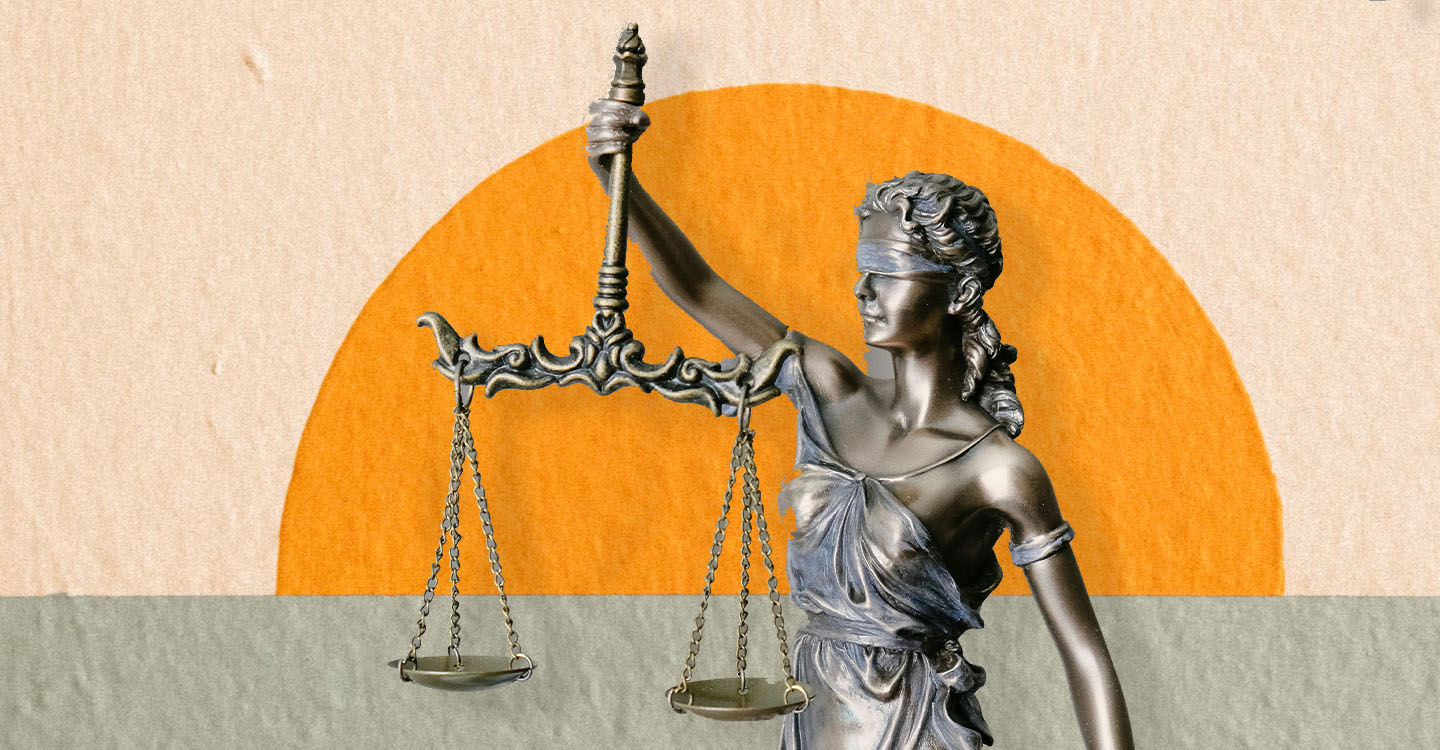Procedural Hearings
A procedural hearing is a stage in proceedings where the court brings the parties together to address relevant issues, establish necessary orders, and pave the way for efficient management of the case.

They are procedural in that they are concerned with the processes of the Court and the case, rather than looking at the substantive issues at the heart of the case.
What is a procedural hearing?
A procedural hearing is a standard step in cases appearing before the Federal Circuit and Family Court of Australia. It typically occurs at the outset of the case, and before a final hearing.
The first court date (also known as a first return hearing), is often dedicated to a procedural hearing overseen by a Judicial Registrar. During this hearing, the Registrar issues orders and provides directions on how the case should progress, outlining the necessary steps for both parties.
For instance, the Judicial Registrar might order the conduct of a valuation report, request expert reports, mandate financial disclosures, or recommend attendance at mediation or parenting programs.
It's common for multiple cases to be scheduled on the same day, and discussions with the opposing party may lead to temporary adjournments or rescheduling to another day. These procedural hearings help set the framework for subsequent stages of the court process.
Additionally, there may be further directions hearings, which also serve as procedural hearings aimed at issuing specific orders or directions regarding the case. More on that later.
Why does the Court have procedural hearings?
Procedural hearings are important to streamline proceedings, helping to make sure that parties know what is expected of them, and that only appropriate matters are brought before the court.
During a procedural hearing, the judicial officer, alongside the involved parties and their legal representatives, collaboratively assesses the case's complexities and determines the best course of action moving forward.
What about Directions hearings?
Directions hearings represent another aspect of the procedural process in family law cases, often convened when specific orders or directions are deemed necessary for the progression of the case. These hearings may be presided over by a Judge, Senior Judicial Registrar, or a Judicial Registrar, depending on the nature and complexity of the matter at hand.
During a directions hearing, the focus is with the necessary steps to advance the case efficiently. This may involve setting timelines for the completion of tasks such as conducting valuations, obtaining expert reports, or exchanging disclosures. Additionally, directions hearings provide an opportunity to address any procedural matters or disputes that may arise.
What takes place in procedural hearings?
Firstly, the judicial officer typically initiates inquiries to determine whether the parties have fulfilled their duty of disclosure. This involves identifying relevant documents and verifying whether copies have been appropriately submitted to the court and shared with the opposing party.
Subsequently, the court, in collaboration with the parties, defines those issues that require resolution and clarification. It is common to check as to whether earlier orders have been complied with. Parties are prompted to raise any issues they have managed to resolve independently themselves prior to the court appearance.
The parties may also be asked as to whether there have been attempts to resolve disputes outside of the courtroom. Importantly, parties are encouraged to continue negotiations even during this stage, potentially leading to points of agreement or compromise that the Court can formalise through consent orders.
However, if consensus cannot be reached, then the procedural hearing may result in being moved to a conciliation conference, where further attempts at resolution can be made under the guidance of a mediator or conciliator.
When will the hearing be held?
The timing of the hearing varies depending on the nature of the application. For applications involving parenting orders or cases concerning children, the procedural hearing typically follows the first case assessment conference.
In financial matters, the procedural hearing serves as the initial court hearing preceding the trial proper.
In cases involving applications for interim orders, priority is given to addressing these urgent matters first, with the procedural hearing scheduled thereafter. Interim orders, given their urgent nature, take precedence in the sequence of hearings.
Can the Court make orders in a procedural hearing?
Yes, the Court has the authority to issue orders during a procedural hearing. Parties may be directed to produce specific documents for inspection, submission, and copying before any referral to a conciliation conference takes place.
Additionally, during the hearing itself, the Court may identify other parties with vested interests in the proceedings and order their inclusion to safeguard their rights and interests.

